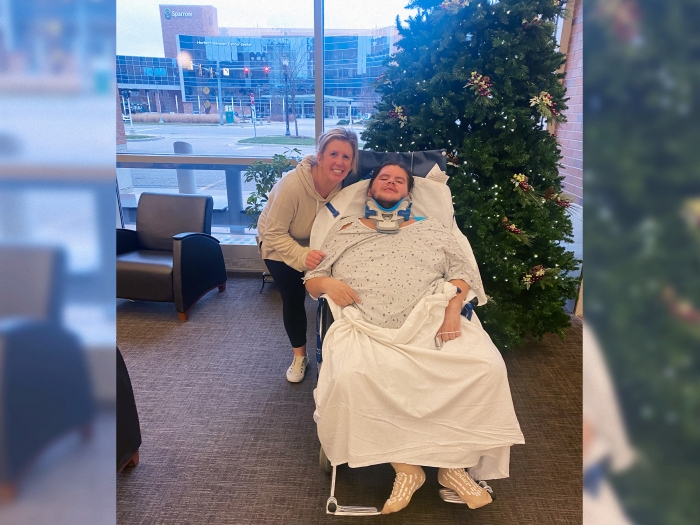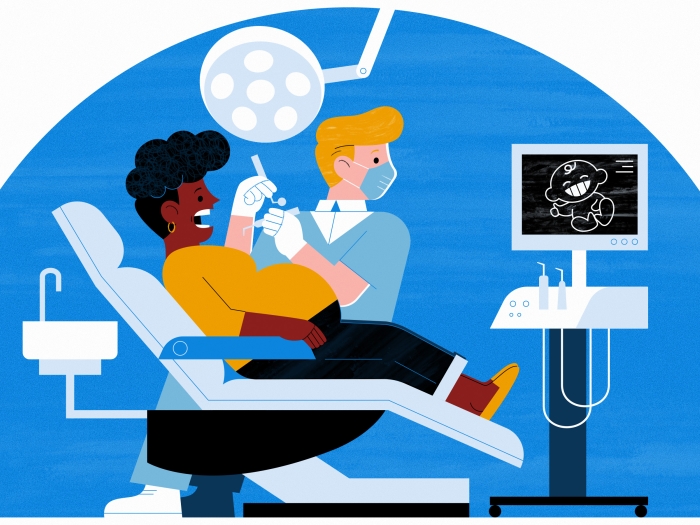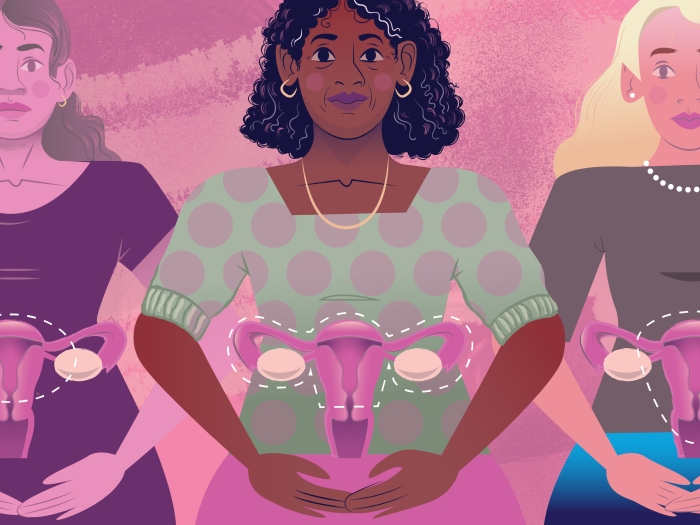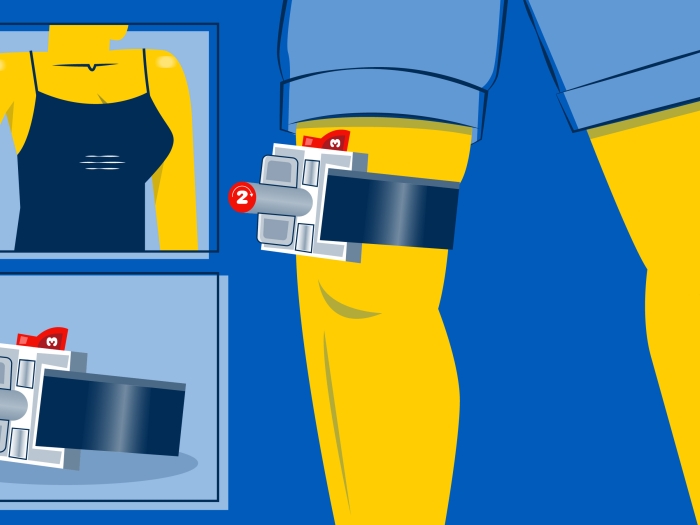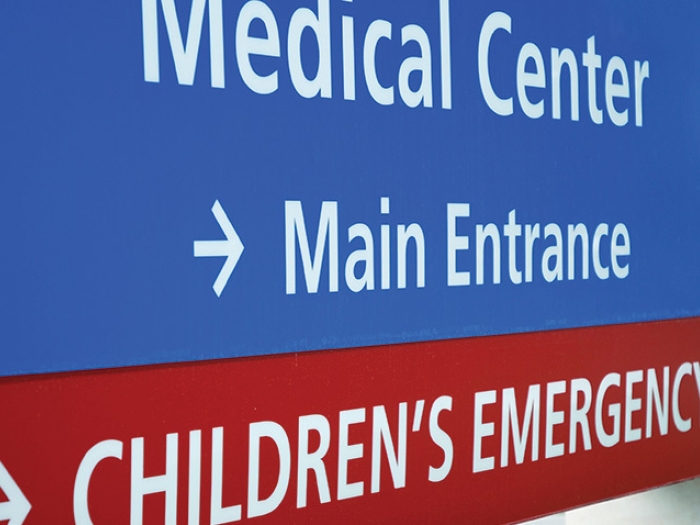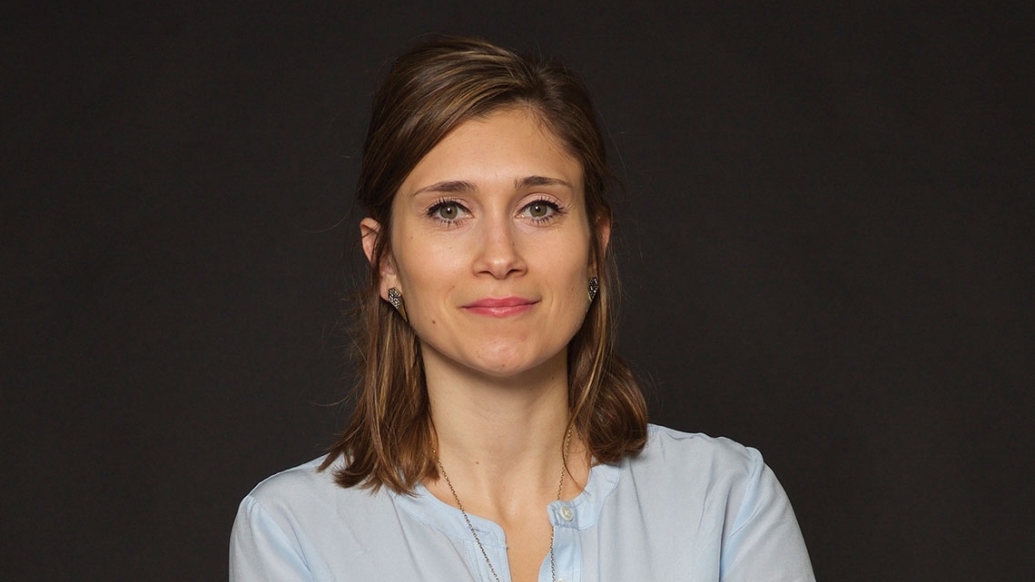
Sometimes there are markers: tattoos of a name in flowing script, or of an oblique symbol, like a crown. Sometimes there's a web of scars. Other times, though, the signs are harder to spot — trauma disguised as distrust, noncompliance, or irrational behavior. Julia Geynisman-Tan (M.D. 2012), a female pelvic reconstruction surgeon and anti-human-trafficking activist, is familiar with them all.
Like many people, Geynisman-Tan initially believed trafficking existed beyond our borders, a far-away problem to be dealt with through international policy and law enforcement. But, as she delved more deeply into the subject, she realized how rampant it truly is. Tens of thousands of people are trafficked in the U.S. annually, some of whom are women forced into the sex trade. Others are exploited for economic labor and domestic work. It is a well-oiled machine — the third-largest crime industry in the world — and its profits exceed $150 billion a year.
"The more I learned about it, the more I realized that we're really well poised in the health care field to be first-line responders," she says. "The number one profession that people who are being trafficked interact with are health care providers."
"I see patients regardless of whether they are in a position to leave their trafficker or not. I support their decision either way, as they are a better judge of the hazards of leaving versus staying." — Julia Geynisman-Tan
Geynisman-Tan decided to act on this information. While completing her residency in obstetrics and gynecology at New York-Presbyterian/Weill Cornell Medical Center, she founded the Survivor Clinic, which provides services to women victimized by sexual violence, female genital mutilation, and trafficking. Now a second-year fellow in female pelvic medicine and reconstructive surgery at the Northwestern University Feinberg School of Medicine, she has founded a second clinic, the ERASE Trafficking Clinic — the first of its kind in the Chicago area.
The clinics are non-judgmental, "trauma-informed" environments that offer routine gynecological exams, counseling on birth control options, psychiatric services, primary care, and more.
"Oftentimes, in an appointment, we don't talk about the trafficking aspect of things," Geynisman-Tan explains. "It's not my business to know; I'm not trying to do a 60 Minutes special. I am there to act as a safety net and to empower them to care for their own health, as I would with any patient."
That empowerment, for these "incredible, resilient" people, is vital. Emergency rooms, hospitals, and clinics are safe spaces to talk about domestic violence, rape, drug use, guns in the home, and trafficking, Geynisman-Tan explains. Additionally, neither clinic requires adult patients to report to law enforcement; instead, they're given access to resources, and can make decisions on their own.
"I see patients regardless of whether they are in a position to leave their trafficker or not. I support their decision either way, as they are a better judge of the hazards of leaving versus staying."
For physicians who think they may have encountered someone involved in trafficking, Geynisman-Tan has some advice: ask questions. Ask for a patient's history; ask how they came to the appointment, if they feel safe, if they have enough food to eat.
"If you just open that box, you'll learn so much more about the people you're seeing and what their barriers to care are. If we don't identify it or know how to respond, then we're missing a lot of cases."
